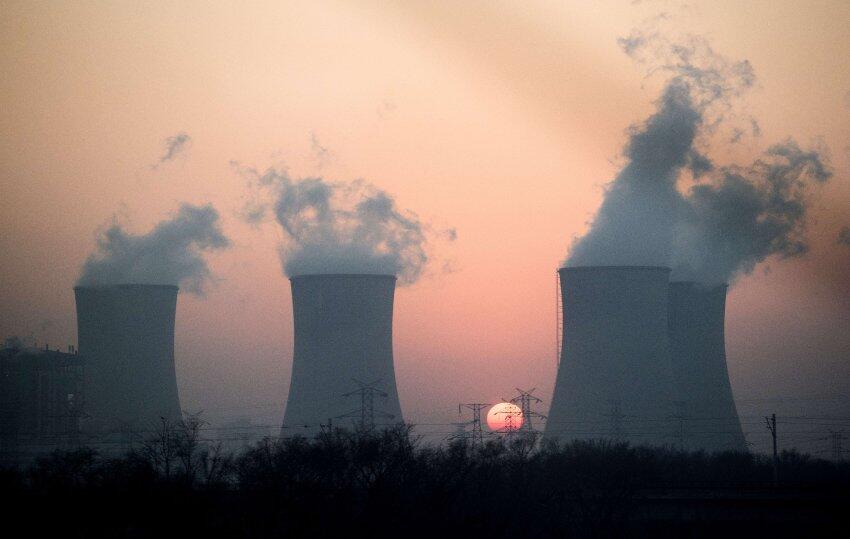As almost 200 nations are trying to reach a higher level in combatting global warming ahead of COP21 summit in Paris in December. Stopping fossil fuel subsidies and adopting policies to price carbon pollution are seen as important international steps that would help keep temperatures from rising. While governments historically underestimate the real cost subsidies for fossil fuel exploration, development, and production; an estimate done by to IMF, International Monetary Fund, and one of the world’s most respected financial institutions, that for 2015 Fossil fuel companies are benefitting from global subsidies of $5.3tn a year, equivalent to 10 million dollars a minute every day and is greater than the total health expenditure of all the world’s governments. In other words, it costs 14.5 billion dollars per day to subsidy fossil fuels. This shocking “revelation” shows that the real estimate of true cost of fossil fuels is much more than expected; this large sum is largely due to polluters not paying the costs imposed on governments by the burning of coal, oil and gas. And these include the harm caused to local populations by air pollution as well as to people across the globe affected by the floods, droughts and storms being driven by climate change. Five trillion reasons for acting on fossil fuel subsidies. Lord Nicholas Stern a prominent climate economist at the London School of Economics believes that the figures are much higher “A more complete estimate of the costs due to climate change would show the implicit subsidies for fossil fuels are much bigger even than this report suggests”. And he added that “This very important analysis shatters the myth that fossil fuels are cheap by showing just how huge their real costs are. There is no justification for these enormous subsidies for fossil fuels, which distort markets and damages economies, particularly in poorer countries”. The UN’s Intergovernmental Panel on Climate Change calls the IMF cost estimates of comprehensive subsidies “conservative, and an underestimate” of the true cost, according to the UN’s Intergovernmental Panel on Climate Change. Christiana Figueres, the UN’s climate change chief pointed that “The IMF provides five trillion reasons for acting on fossil fuel subsidies. Protecting the poor and the vulnerable is crucial to the phasing down of these subsidies, but the multiple economic, social and environmental benefits are long and legion”. The IMF advised stopping subsidies for fossil fuels that would cut global carbon emissions by 20%, and these resources could be an economic boost for growth and poverty reduction by employing more investments in infrastructure, health and education sectors and also by cutting taxes that restrict growth and it also would create incentives for low-emission alternative energy. Benedict Clements, division chief in the IMF’s fiscal affairs department said that “this step is important to put in perspective just how many health problems are linked to energy consumption and air quality”. And he added that, “for example, the WHO estimates more than one million premature deaths a year occur, because of outdoor air pollution caused largely by burning coal”. Also Renewable energy would no longer need its $120 billion global support, and would become cost-competitive with fossil fuels. This sum of 5.3 trillion dollars represents 6.5 per cent of global GDP. China with its large population and heavy reliance on coal power provides $2.3tn of the annual subsidies. The next biggest fossil fuel subsidies are in the US ($700bn), Russia ($335bn), India ($277bn) and Japan ($157bn), with the European Union collectively allowing $330bn in subsidies to fossil fuels. The cost from the climate change induced by fossil fuels is estimated by the official US government estimate of $42 a ton of CO2 about a quarter of the IMF’s total $1.27tn a year, while the rest is from the health effects of local pollution as well as from traffic congestion, accidents and road damage. Subsidy reforms are taking place in many countries including Egypt, Indonesia, Mexico, Morocco and Thailand. In India, for example subsidies for diesel ended in October 2014. Barack Obama and the G-20 nations already agreed in principle since 2009 to phase out fossil-fuel subsidies, but actions on an international level to date have failed to follow up on that important pledge.











